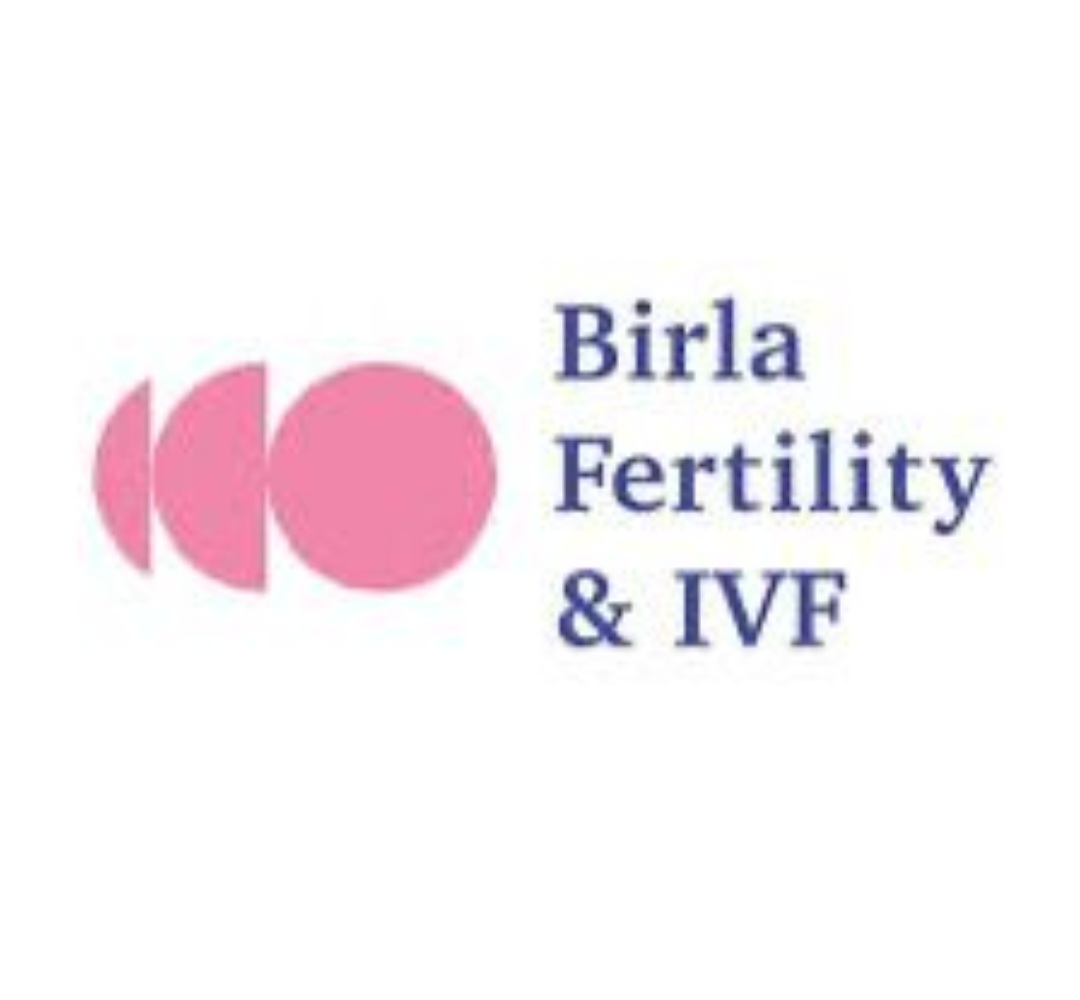
The genetics of PCOS: What families should know
Bhubaneswar (08/10/2025): Polycystic Ovary Syndrome (PCOS) is commonly thought of as an individual challenge – irregular periods, hair and skin changes, weight gain, or difficulties with fertility.But science reveals something different: PCOS has heritability patterns.Twin studies of Dutch and Iranian cohorts showed that about 70% of the variation in who gets PCOS can be explained by inherited genetic factors.According to Dr Lipsa Mishra, Fertility Specialist, Birla Fertility & IVF, Bhubaneswar, in plain words, if PCOS appears in a mother, sister, or aunt, there is a likelihood that it might affect the lives of other women in the family as well. This genetic effect isn't one-sized – it is what physicians refer to as "polygenic," or many genes working together with environment and lifestyle to trigger the disorder.These genetic effects impair the ovaries' capacity to release eggs on a regular basis, change how the body handles insulin, and boost androgen (male hormone) levels, all of which construct the characteristic symptoms of PCOS. Why Genetics Matter- By acknowledging this inherited connection, families can move from reaction to prevention.A young person who develops abnormal periods, in the context of a high family incidence, should not be advised to ‘wait it out’ – early referral can avoid years of uncertainty.In the same way, women who know their family PCOS history can actively monitor their metabolism, avoiding risks of type 2 diabetes, cardiovascular disease, and infertility in later life. What Can Be Done- Although you cannot alter your genes, you can alter their effect.Lifestyle choices like healthy eating, regular exercise, weight control, and stress moderation are buffers against genetic susceptibility.Routine fertility testing and hormone blood tests also guarantee that signs are detected before complications arise. Breaking the Silence- Maybe the greatest hurdle is the silence around PCOS in families.Many women are not even aware that their mother or grandmother had similar challenges, possibly because they were never diagnosed.Sharing family history openly, just as we talk about diabetes or blood pressure, makes younger women more confident in taking proactive action. A Family Perspective on PCOS- Embracing the genetics of PCOS puts the condition into perspective: it may not be completely independent but have an intergenerational health strand.With knowledge, early intervention, and open family discussion, PCOS can be treated well, mitigating the load for the present and illuminating the way for the future.
Trending

Pradhan Mantri Dhan Dhanya Krishi Yojana to be launched by Prime Minister on October 11

Odisha females bag one silver and one bronze in Basketball National Championship

Odisha females bag one silver and one bronze in Basketball National Championship

Cuttack Violence: 3 more arrested

Commissionerate Police issues two mobile numbers, urges Cuttack city residents not to believe in rumours




